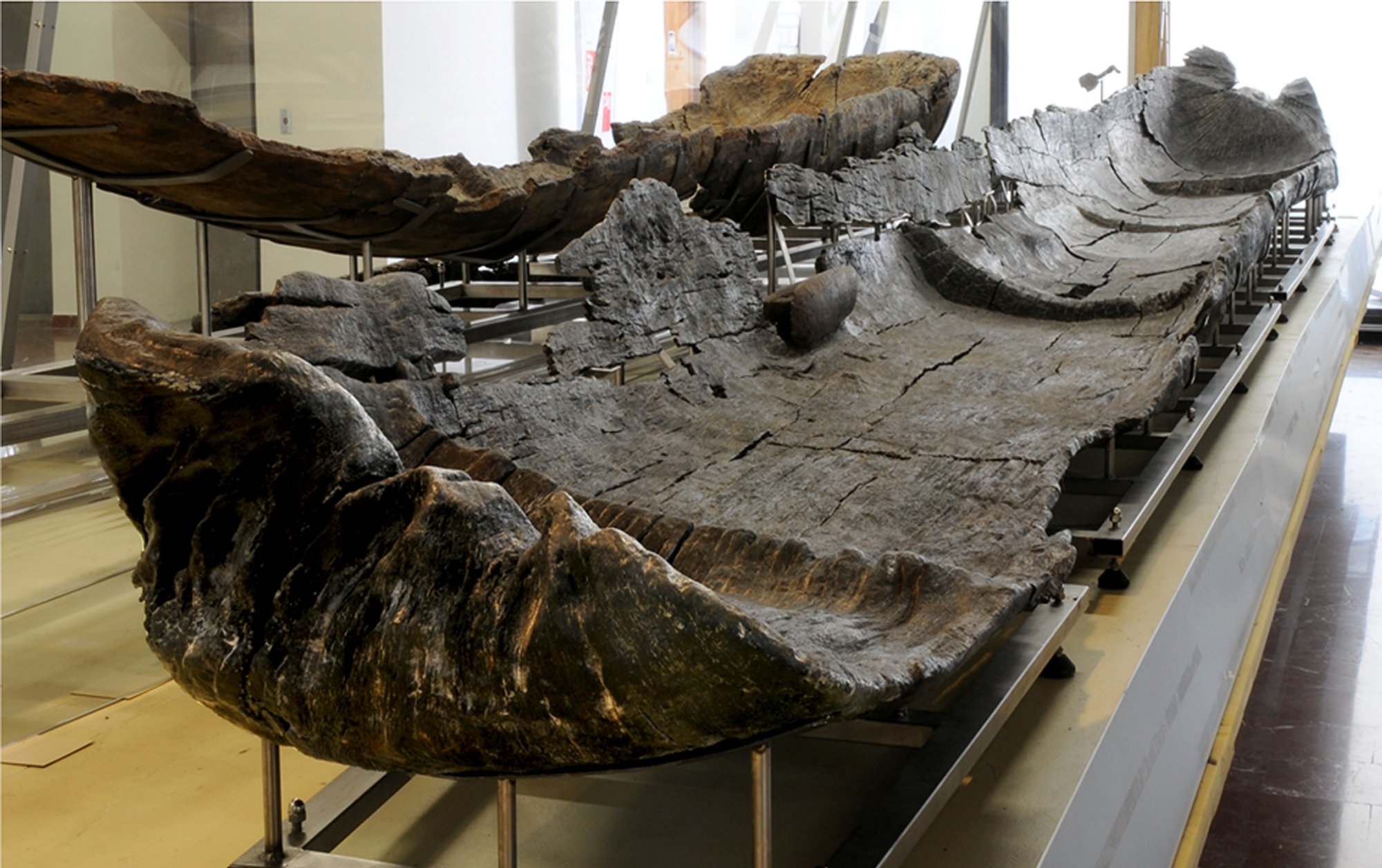
The inhabitants of prehistoric Italy were building dugout canoes seven millennia ago. Excavations in Italy have brought to light the oldest known vessels in the Mediterranean, more than 7,000 years old, made with techniques that are still used in some cases today.
During the Neolithic Age, Mediterranean peoples are known to have traveled the sea, exchanging ideas and products, as evidenced by other archaeological finds, as well as the presence of numerous settlements along the coasts and islands.
Humanity's first vessel is believed to have been a raft, which was even used for important voyages such as the colonization of isolated Australia around 50,000 to 60,000 years ago.
The first real boats appeared much later. Unlike rafts, they were not necessarily made of floating materials, but were made buoyant by the volume of water they displaced.
The oldest vessels discovered to date come from the Netherlands and date back nearly 10,000 years. Now, new evidence about shipping in the Mediterranean comes from six wooden canoes found in the Neolithic lakeside village of La Marmotta, near Rome. The five canoes dredged from the depths of the lake were made from single tree trunks, dating to between 5700 and 5100 BC. using the carbon-14 method.
"Direct dating of Neolithic canoes from La Marmotta reveals them to be the oldest in the Mediterranean, a discovery that offers invaluable insights into Neolithic navigation," the researchers write in the study published in the open access journal PLoS ONE. The canoes were made from the trunks of four different trees and had transverse support beams. Three T-shaped wooden objects were found near one of them, with holes possibly used for fastening sails.
Although found on the shores of a lake, the prehistoric vessels are estimated to have been navigable on the open sea, given that the stone tools found at the settlement appear to have come from neighboring islands. As the researchers note, "the study reveals the impressive technological progress of early agricultural and pastoral communities, highlighting their skills in carpentry and the manufacture of complex vessels."



Δεν υπάρχουν σχόλια:
Δημοσίευση σχολίου